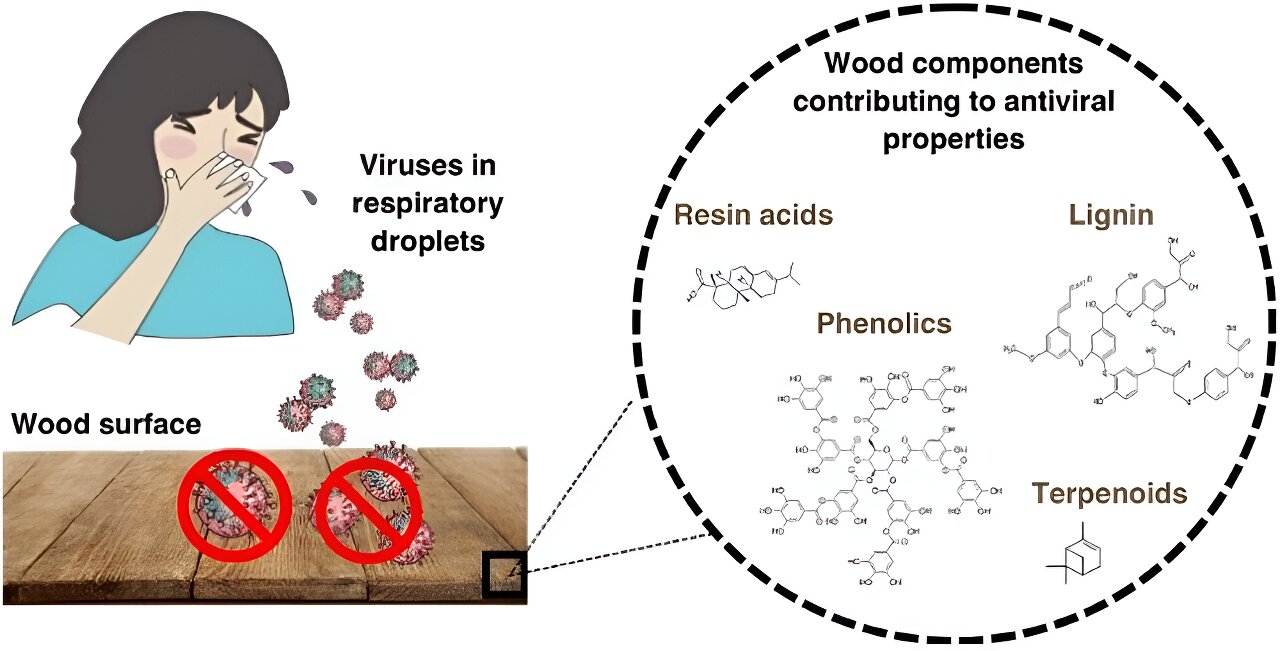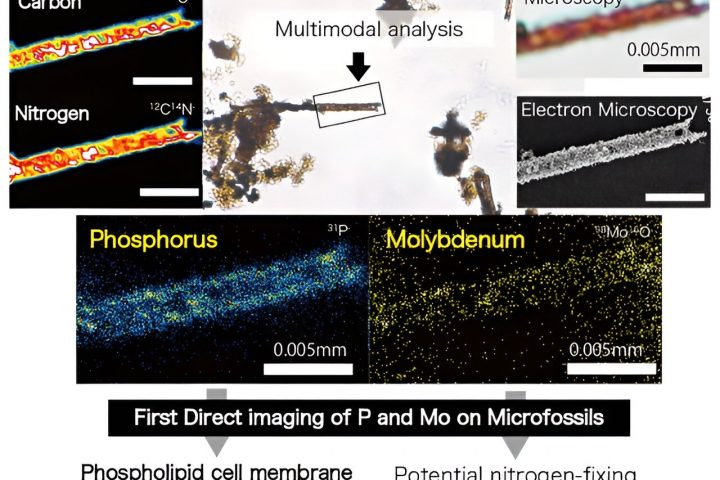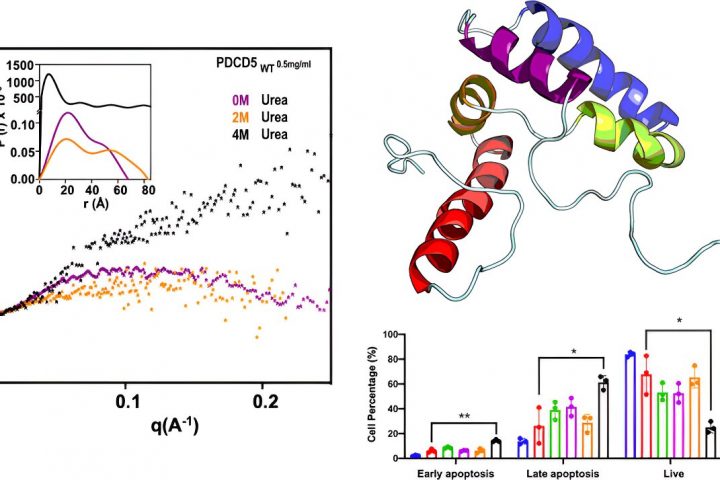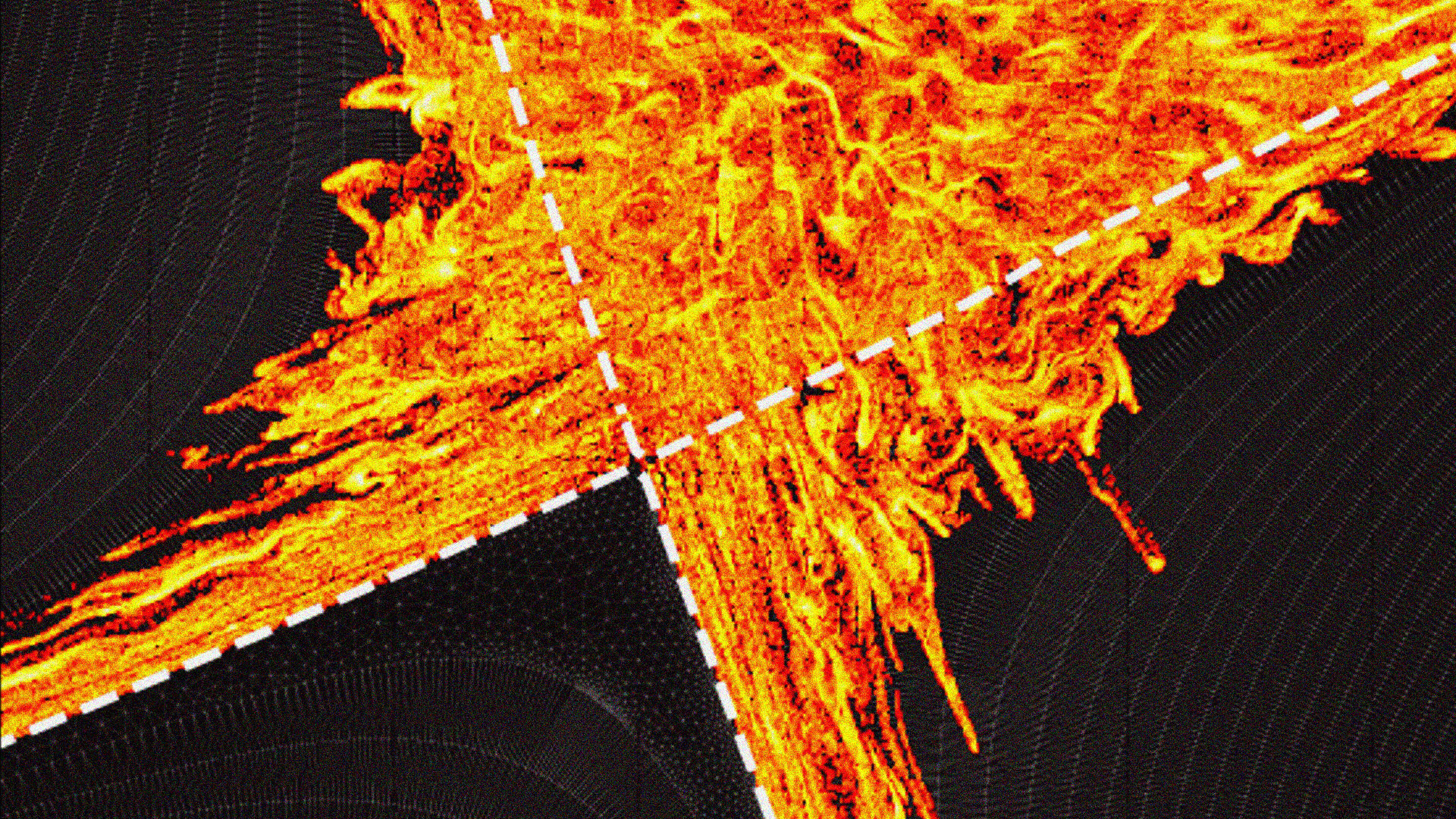Researchers from the University of Eastern Finland (UEF) and the University of Jyväskylä (JYU) have joined forces to unveil groundbreaking research on the antiviral properties of solid wood surfaces. The study, spearheaded by Varpu Marjomäki at JYU and Antti Haapala at UEF, delved into the potential of various wood species in combating both enveloped coronaviruses and non-enveloped enteroviruses. Published in ACS Applied Materials & Interfaces, this research sheds light on the untapped antiviral capabilities of wood, a material deeply rooted in human history.
Discoveries from the study include:
– Pine and Spruce: These coniferous trees exhibited remarkable antiviral activity against enveloped coronaviruses, swiftly reducing viral infectivity in just 10 to 15 minutes.
– Oak: A hardwood species that showed promising effectiveness against non-enveloped enteroviruses, hinting at broader antiviral applications.
– Chemical Composition: Analysis revealed that the antiviral prowess of wood is intricately linked to its chemical makeup, encompassing resin acids, terpenes, and phenolic compounds that vary across species and environmental conditions.
Looking ahead, the research teams are committed to further exploring the most potent antiviral components of wood through the European Doctorate Program DESTINY. By identifying key bioactive compounds, they aim to develop sustainable and efficient antiviral materials and coatings. “This study represents a significant leap in leveraging natural resources for public health benefits,” remarked Varpu Marjomäki, while Antti Haapala emphasized the potential of wood in curbing viral transmission. The investigation into the synergistic roles of wood chemicals continues to be a focal point for Professor Haapala and his team.








